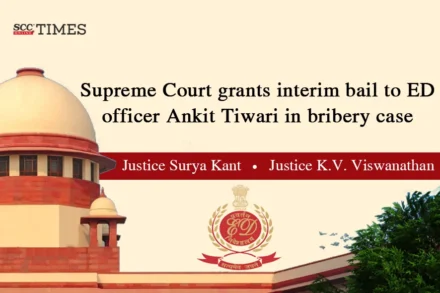
Supreme Court grants interim bail to ED officer Ankit Tiwari in bribery case
The Enforcement Officer Ankit Tiwari was accused of an offence punishable under Section 7(a) of the Prevention of Corruption Act, 1988.

The Enforcement Officer Ankit Tiwari was accused of an offence punishable under Section 7(a) of the Prevention of Corruption Act, 1988.
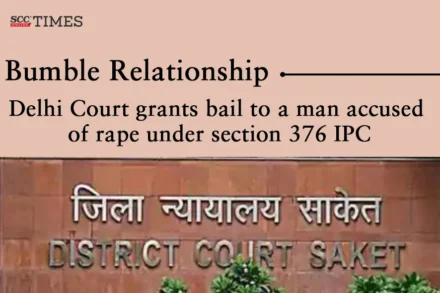
While considering the complexities introduced by dating apps like Bumble, the court balanced the need for bail with the imperative of upholding the integrity of the trial process.

“Each passing moment in the face of cardiac distress is fraught with the peril of irreversible harm, and in case of any eventuality that may occur in applicant not getting proper and specialised treatment, this Court will have to bear the weight of regret.”
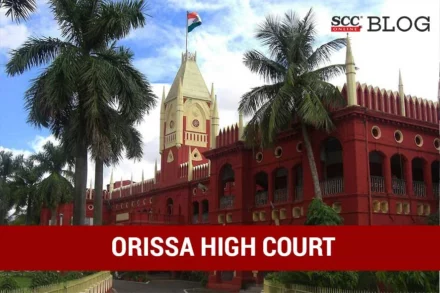
“The Court noted that “while passing the impugned order the Trial Court re-examined the allegations on merit and virtually sat in appeal over the order and rendered the order passed by the High Court nugatory.”
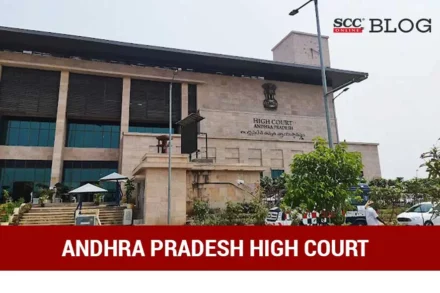
“It is this Court’s steadfast belief that a patient in need of medical attention should be granted immediate, effective, and comprehensive treatment. Additionally, the choice of the medical facility for treatment should remain with the patient.”

“The applicant is granted interim bail for a period of eight days from the date of his release, subject to his furnishing personal bond in the sum of Rs.50,000 with one surety of the like amount, to the satisfaction of the Trial Court.”
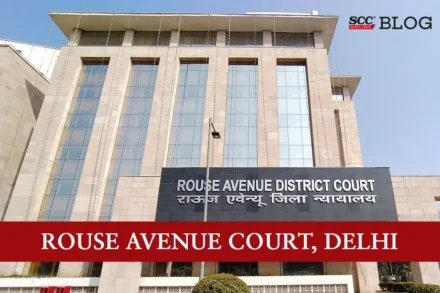
“BJP MP and former Wrestling Federation of India (WFI) chief Brij Bhushan Sharan Singh has been granted interim bail by Delhi’s Rouse Avenue Court in the case of alleged sexual harassment of six female wrestlers. His secretary Vinod Tomar is also granted bail by the Delhi Court.”
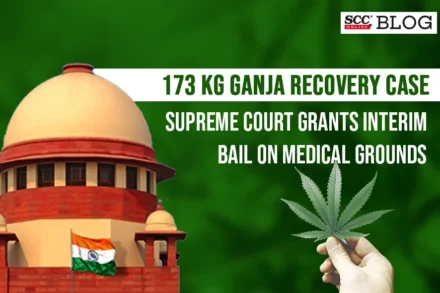
Supreme Court advised the petitioner to secure appropriate treatment for spinal disorder during the given period of 6 weeks.
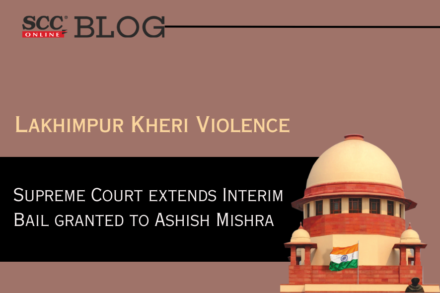
Supreme Court had earlier granted Ashish Mishra interim bail on 25-01-2023.
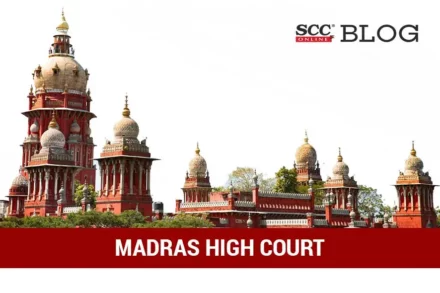
The action came following the Supreme Court’s decision, wherein the Court allowed the appeals arising out of the order for de novo investigation and set aside the directions issued in the original petition for de novo investigation. Further, the Court allowed the ED to continue its investigation.
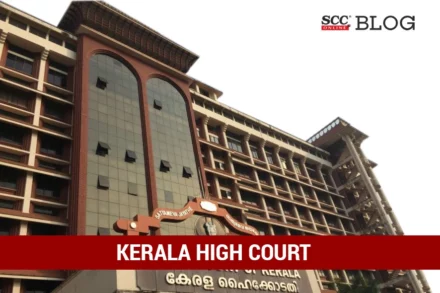
Kerala High Court found the instant bail application to be infructuous, since it was filed under Section 438 of CrPC, and the petitioner was already arrested.
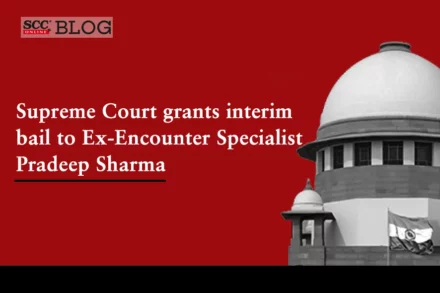
Supreme Court allowed the interim bail to Pradeep Rameshwar Sharma in Mansukh Hiren murder case to attend to the treatment of his ailing wife for reversal of Gastric Bypass surgery.

The petitioner was seeking interim bail for a period of six weeks in a case registered for the offences punishable under Sections 3 & 4 of the Prevention of Money Laundering Act, 2002 on the ground of illness of his wife Mrs. Seema Sisodia.
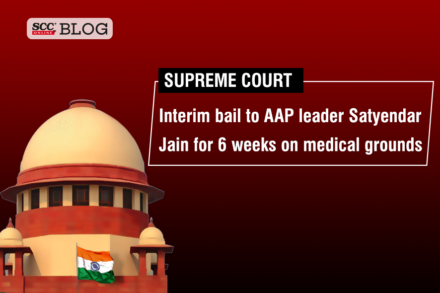
As per reports, Jain was admitted to ICU on Thursday after collapsing in the prison due to dizziness.
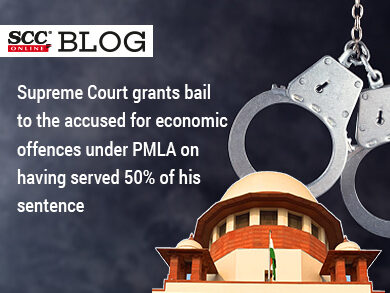
The petitioner had contended that on account of his wife’s death, he was released on interim bail and had duly complied with all the conditions and had timely surrendered himself. The petitioner had also mentioned the fact that the two main accused in the case were enlarged on bail three years ago who were residents of Kanpur, Uttar Pradesh.
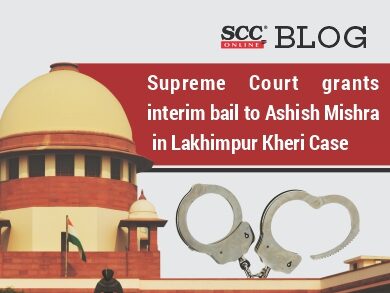
Supreme Court grants interim bail to Ashish Mishra, son of Union Minister Ajay Mishra in an unfortunate and grave incident at Lakhimpur Kheri which led to the loss of eight lives, consisting of four protesting farmers, one journalist and three others
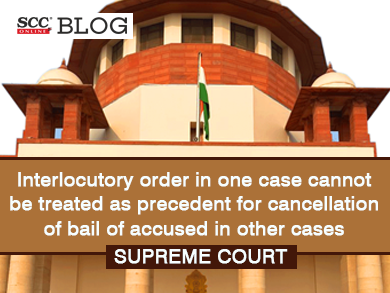
Supreme Court has ordered that the Rajasthan High Court's impugned order being interlocutory in nature, shall not be treated as precedent for cancellation of bail granted to the petitioner in other cases, and the question of law was kept open to be decided in an appropriate case.
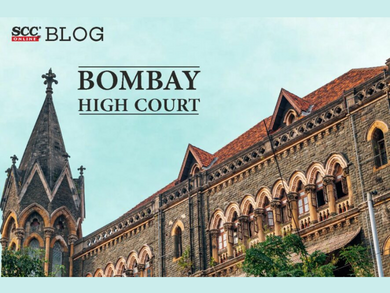
Merely by mentioning in the arrest memo that the petitioner has been inconsistent in his statements before the Investigating Officer and has kept on changing his versions and as such, has not co-operated with the investigation in disclosing full and true facts, is not sufficient and the same cannot be a ground of arrest as it is unacceptable and contrary to the mandate of Section 41(1)(b)(i)&(ii) from (a) to (e) of the CrPC.

The reason given in the arrest memos to arrest the petitioners, having regard to the facts, appears to be casual, mechanical and perfunctory, clearly without application of mind. The grounds for arrest of the petitioners mentioned in the arrest memos clearly breach the mandatory provisions of Sections 41 and 41-A and 60-A of the Criminal Procedure Code.
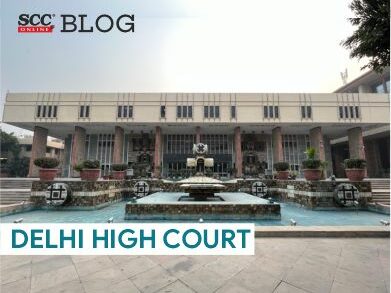
The Delhi High Court held that grant of bail should not be considered only when the person was in the condition of dying and the authorities should not give long dates to the prisoners for their medical check-up and instead act with promptness, so that check-up could be conducted early.